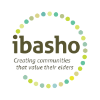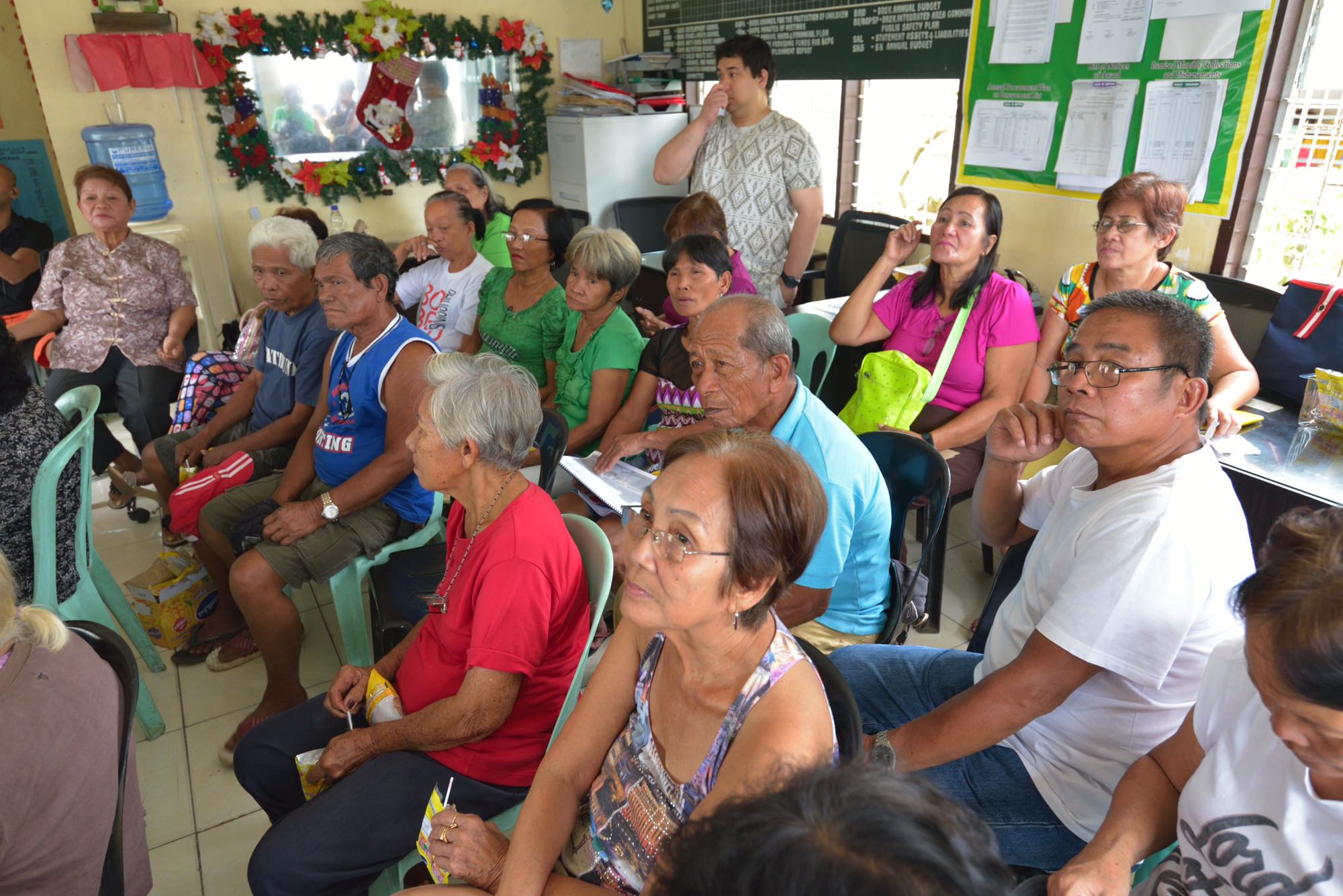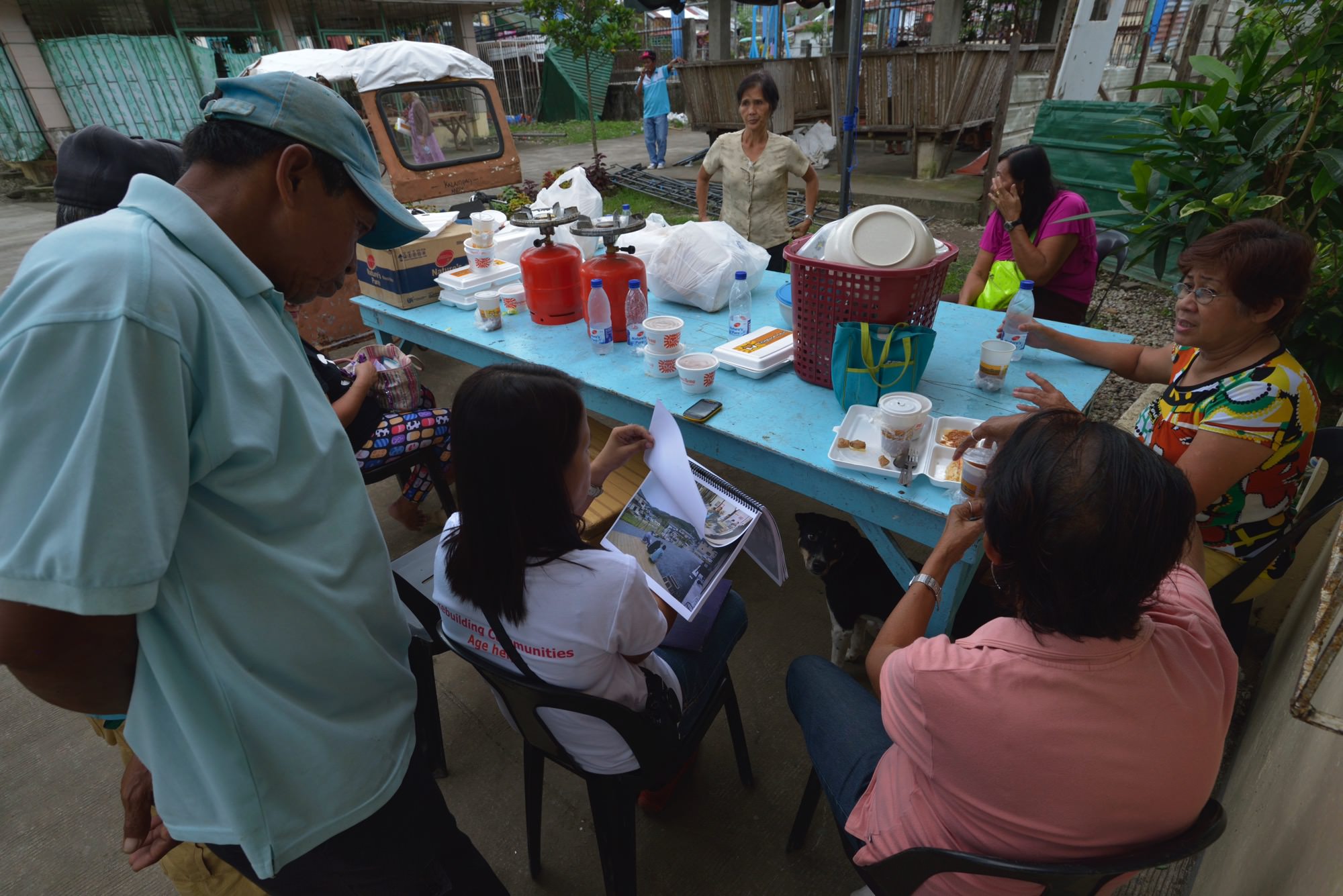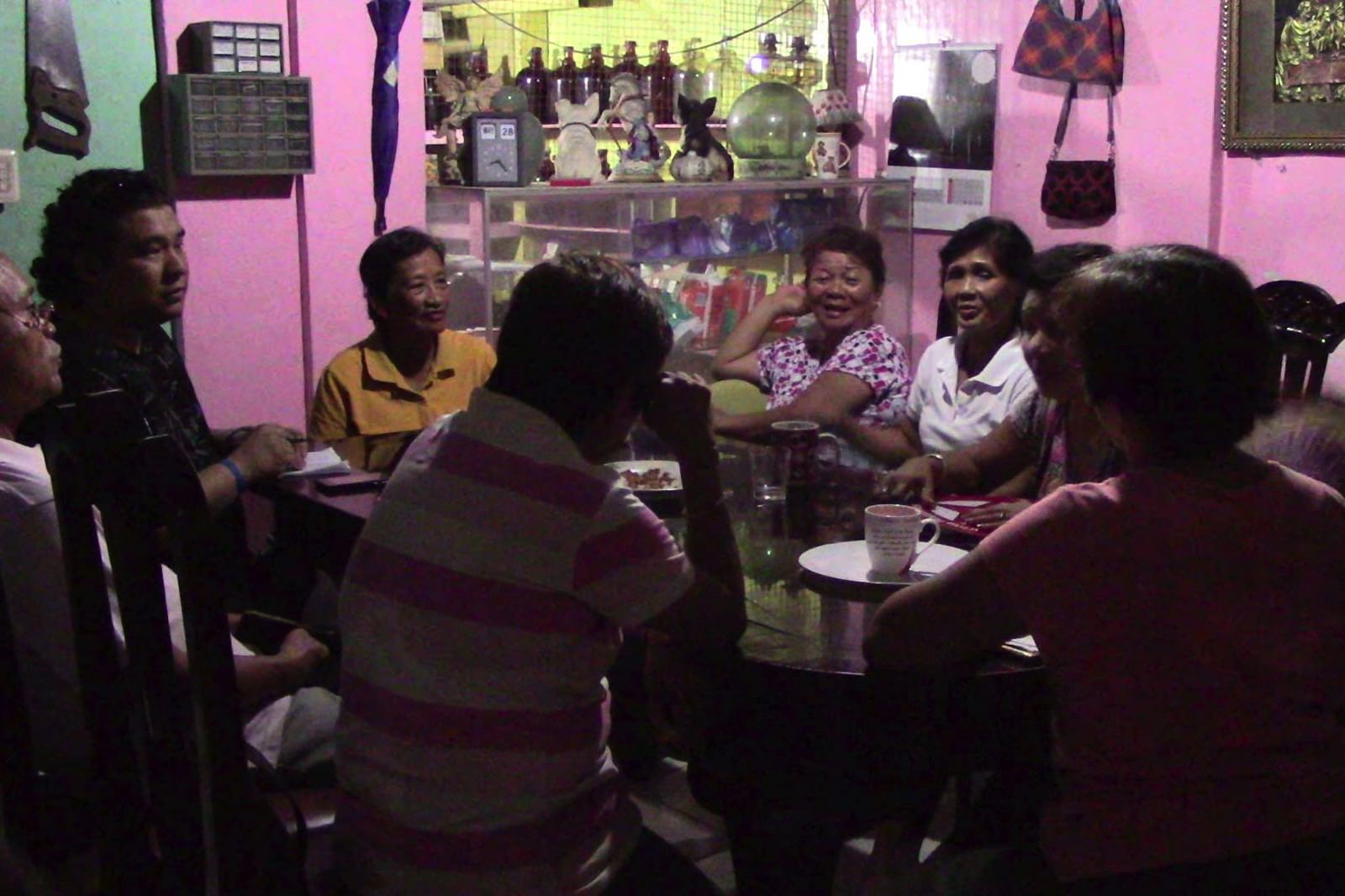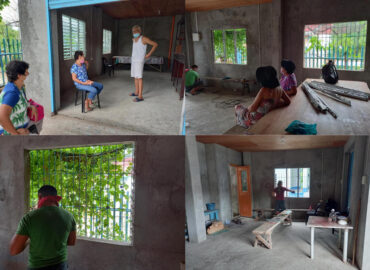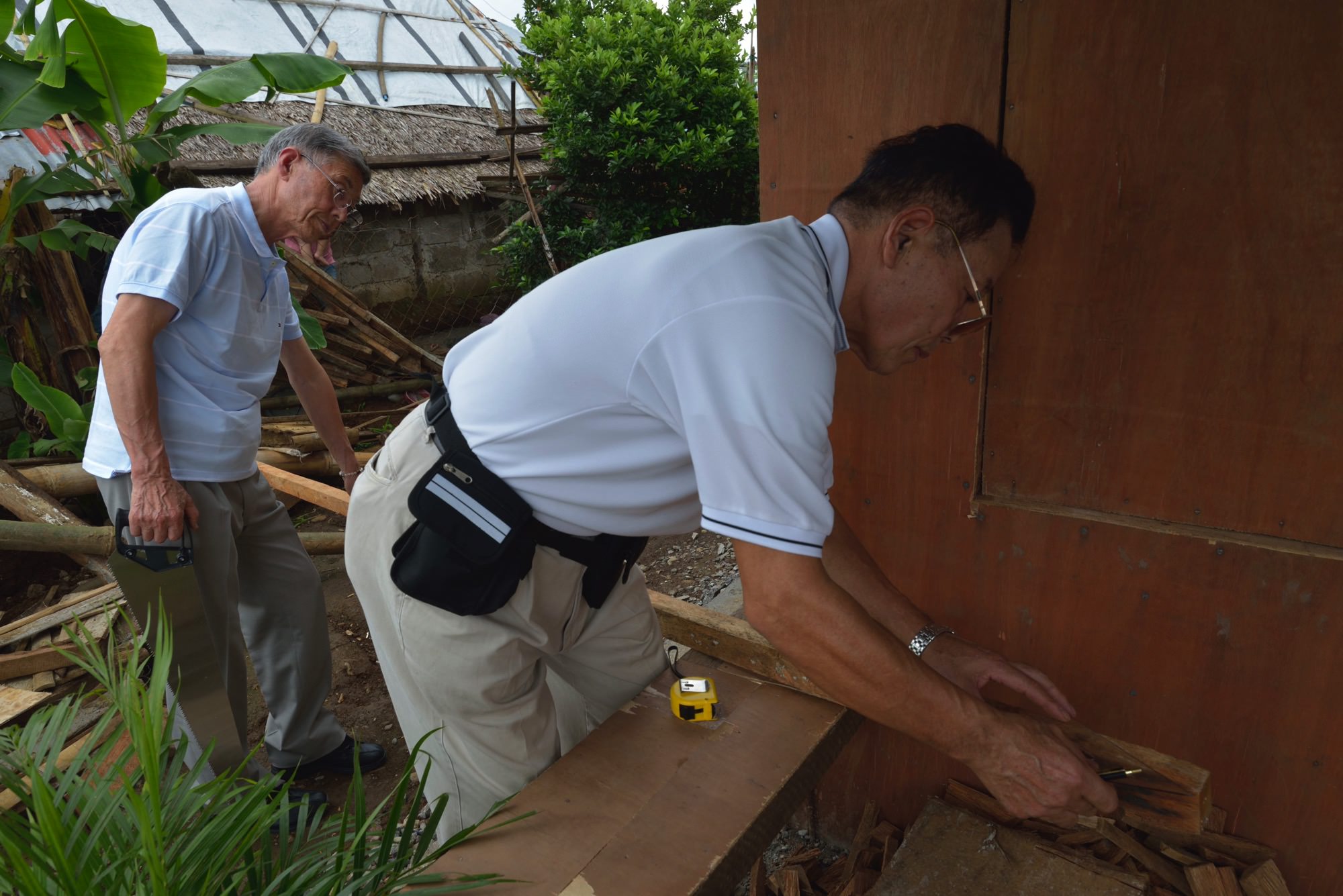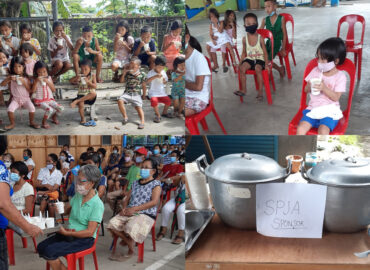In April, 2014, five months after the typhoon Yolanda alit in the Philippines, Ibasho teams and HelpAge-COSE members visited five communities affected by the typhoon, including Barangay Bagong Buhay. The visitors helped assess the communities’ needs and exchanged ideas with local elders about how Ibasho can help elders to develop their livelihood projects that also benefit younger members of community.
Ibasho team chose Barangay Bagong Buhay as the site for an Ibasho project in October 2014 and organized a launching workshop with a group of local elders in January 2015. Since then, elders in Barangay Bagong Buhay have made tremendous progress, with the help of a local Ibasho coordinator, a minimal investment from Ibasho.org, and a donation from the Japanese elders in Ibasho House in Ofunato, Japan. Their efforts have strengthen the social ties of elders in the community, and enhanced visibility of their effort and its positive impacts on making their community a better place by harnessing the elders’ skills and experience to help mend a community traumatized by a natural disaster. The group of elders is slowly changing the perception about the role of elders in the Barangay Bagong Buhay.
Please click here for the progress report of the Ibasho project in Ormoc, Philippines.
History
January 8 and 9: Japanese elders to Philippines for Ibasho project launch and vision workshop
- Two elders from Ibasho House traveled with the Ibasho team to help establish the Ibasho project in Philippines
- Elders in Philippines decided to work together on three projects—recycling, a vegetable garden, and a mobile Ibasho café—before starting to plan for an Ibasho café.
January 10: Ibasho local coordinator appointed
- Ian Parrucho moved from Cebu to Ormoc to lead the Ibasho project with local elders.
February: Recycling project started
- elders collect plastic bottles from all the houses in the barangay bi-weekly
March 13-18: Filipino elders to Japan
- Two Filipino elders and Ian Paruccho visited Ibasho House in Ofunato, Japan
- 2 elders from Philippines and 4 from Ibasho House in Japan participated as invited panelists at the World Bank and at an Ibasho joint session at the World Conference on Disaster Risk Reduction in Sendai, Japan.
- Japanese elders donated $300USD to Ibasho Philippine project.
April 27: Vegetable garden site identified
- Elders negotiated with a landowner to use property free of charge to grow vegetables
May 7: Vegetable garden project launched
- Elders cleared the vegetable garden area and planted seeds
June 1: Water piping set up at garden
June 31st: Vegetable garden for the school children
- Elders coordinated with school and taught children how to grow and harvest vegetables. A school children’s garden was launched at the Ibasho vegetable garden.
- Elders cooked healthy meals for children as a part of nutrition month activity in Philippines.
Next steps
- Expand the recycling project to cover a wider geographic area and to recycle more materials
- Create arts and crafts with children using recycled materials
- Improve the vegetable garden’s soil
- Sell vegetables to community members
- Organize a picnic for community members, especially for children
- Create a space for school children to grow vegetable
- Start designing a mobile Ibasho café
- Get a site for a future Ibasho café donated by the city of Ormoc
